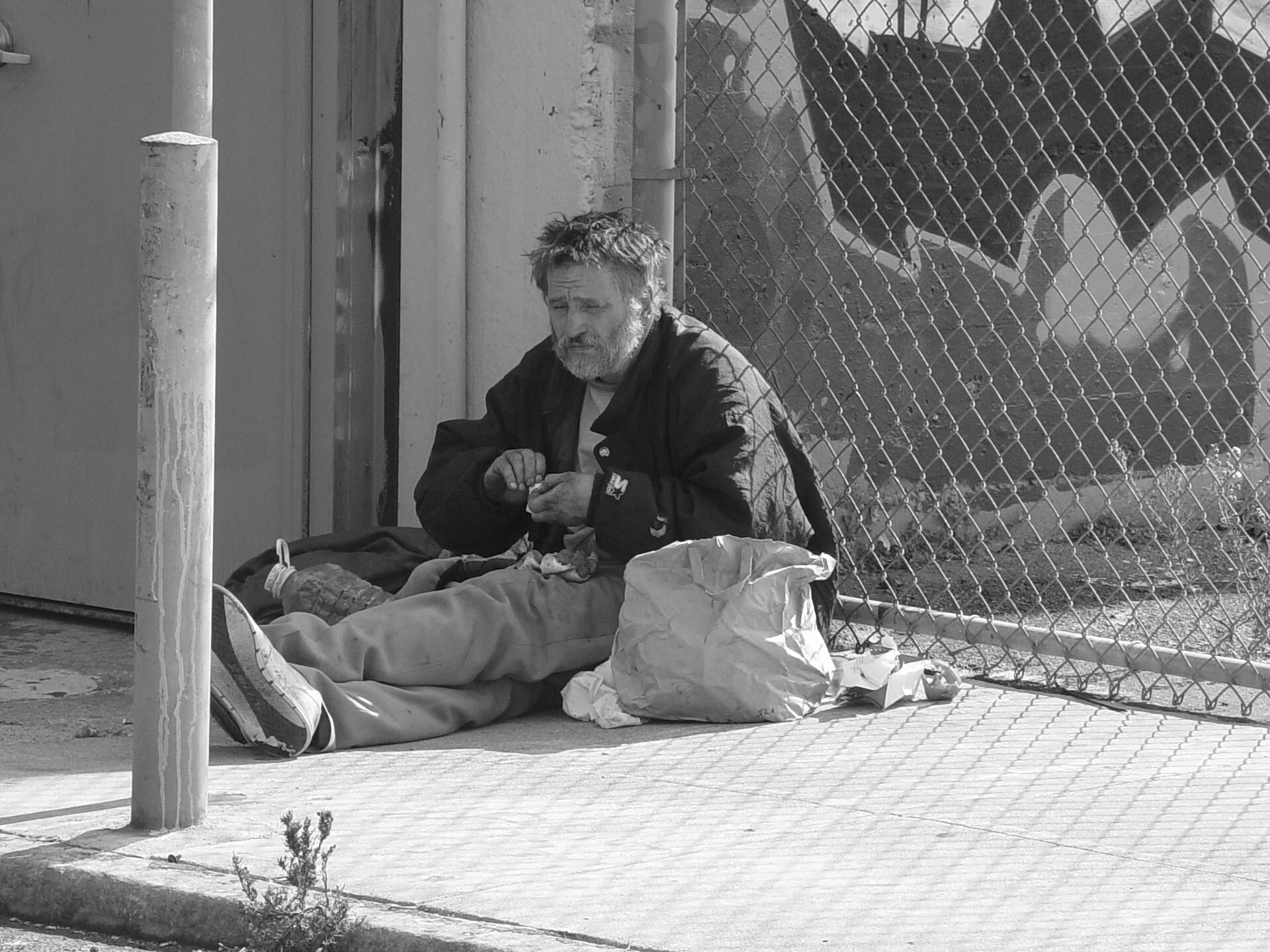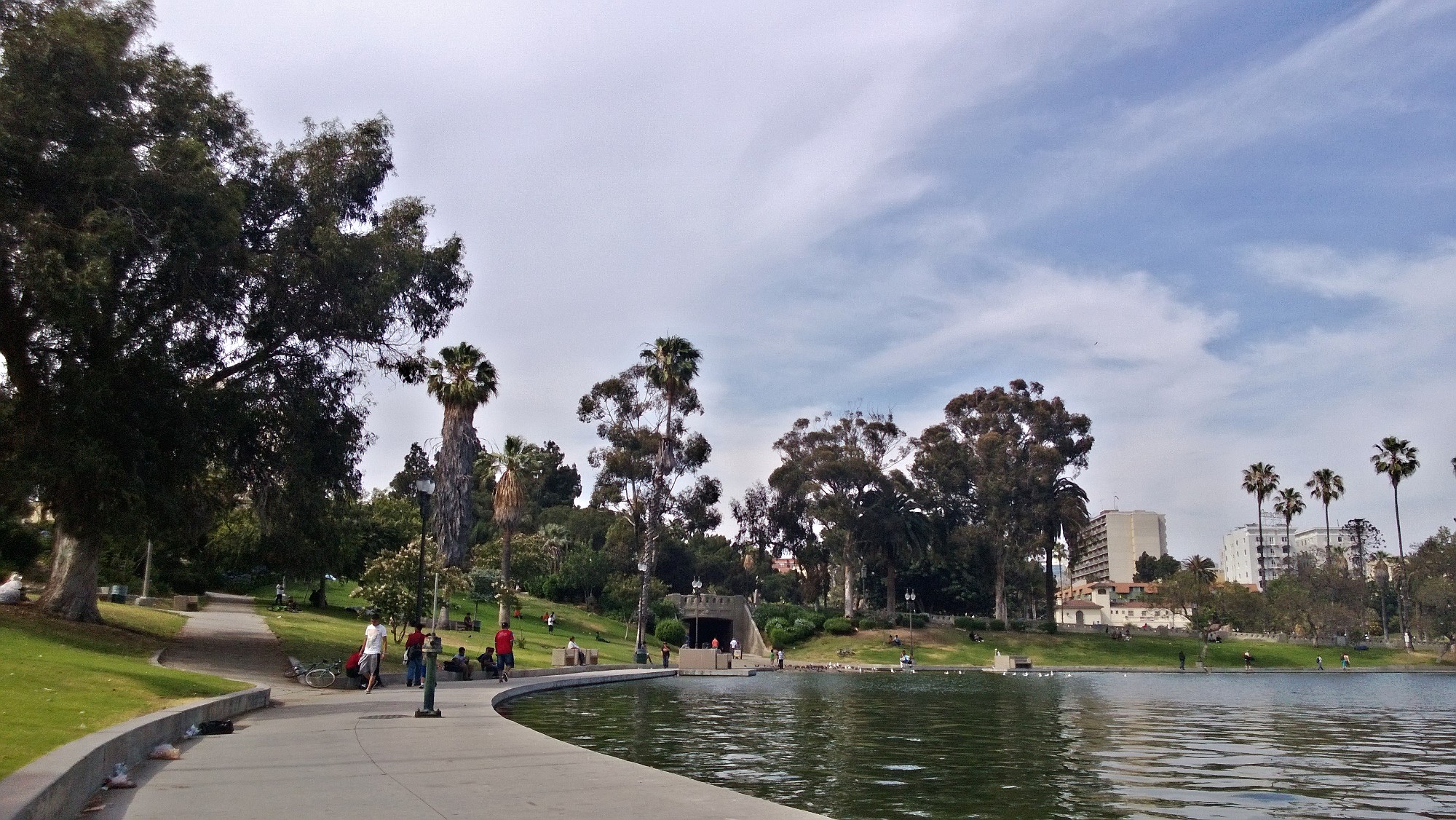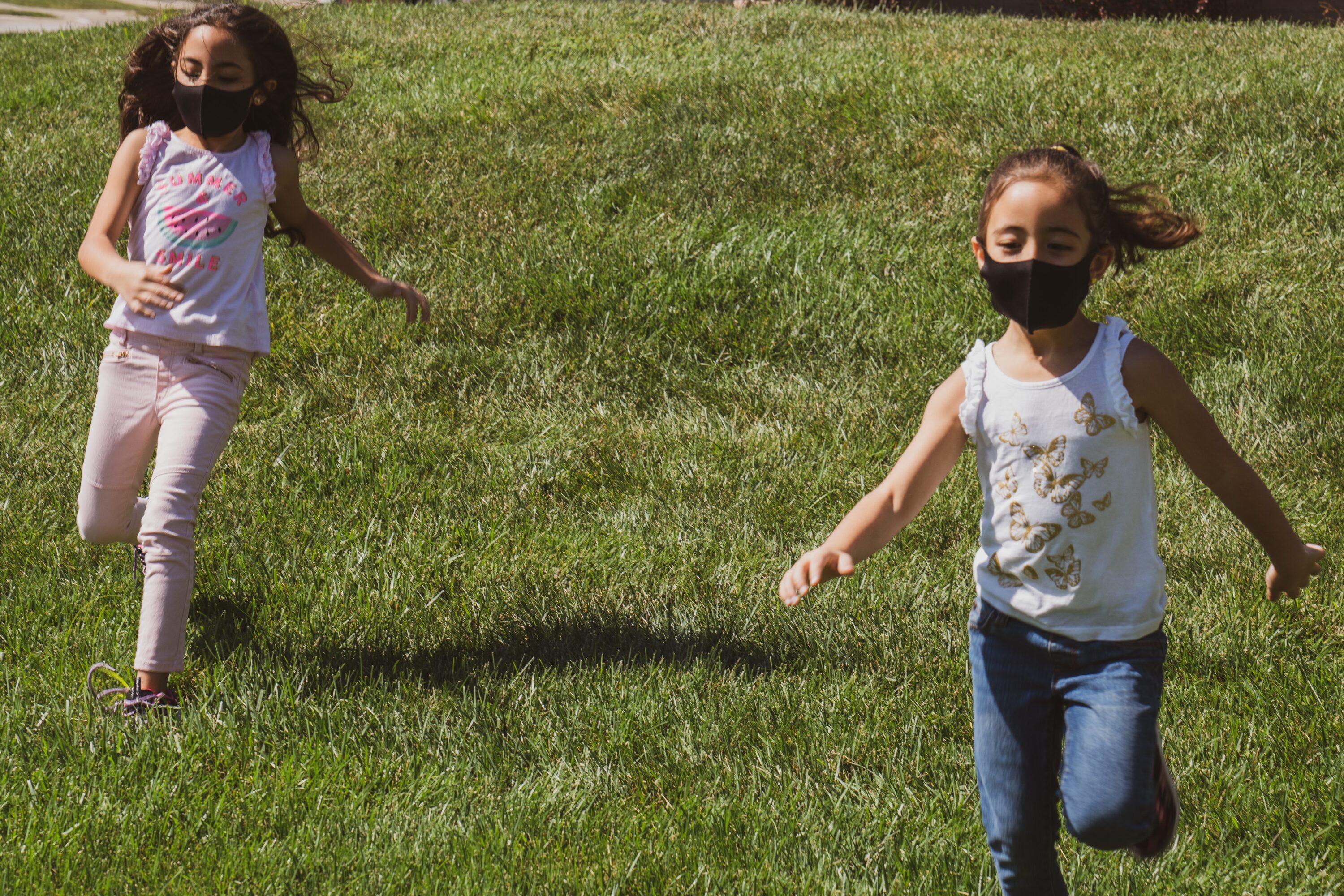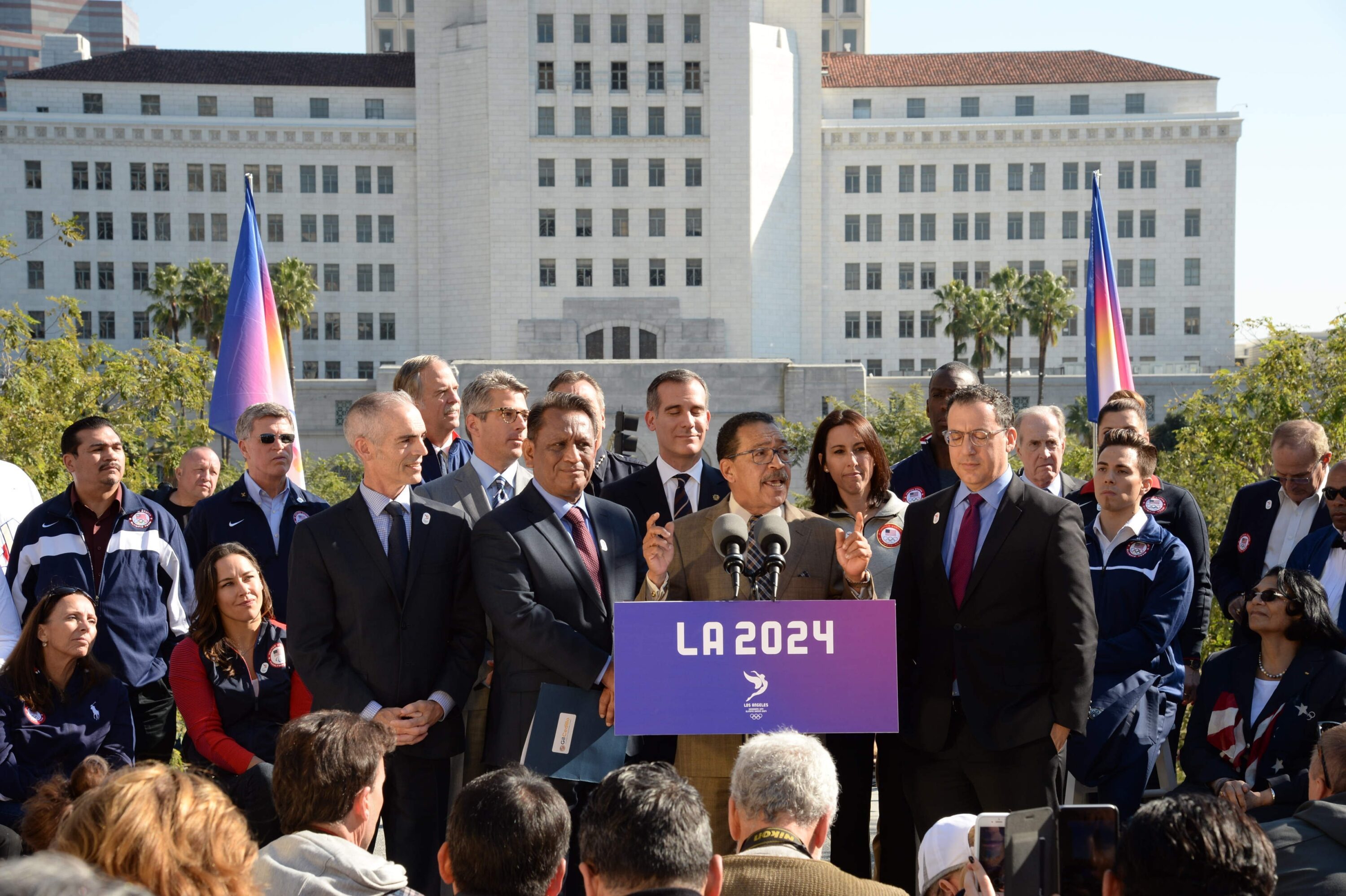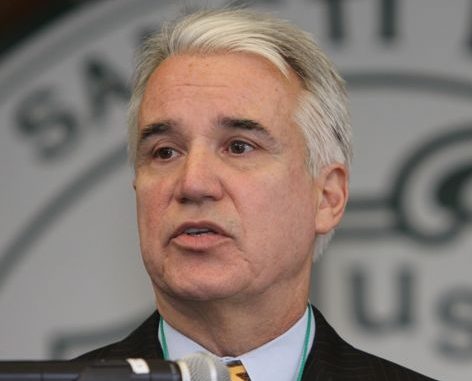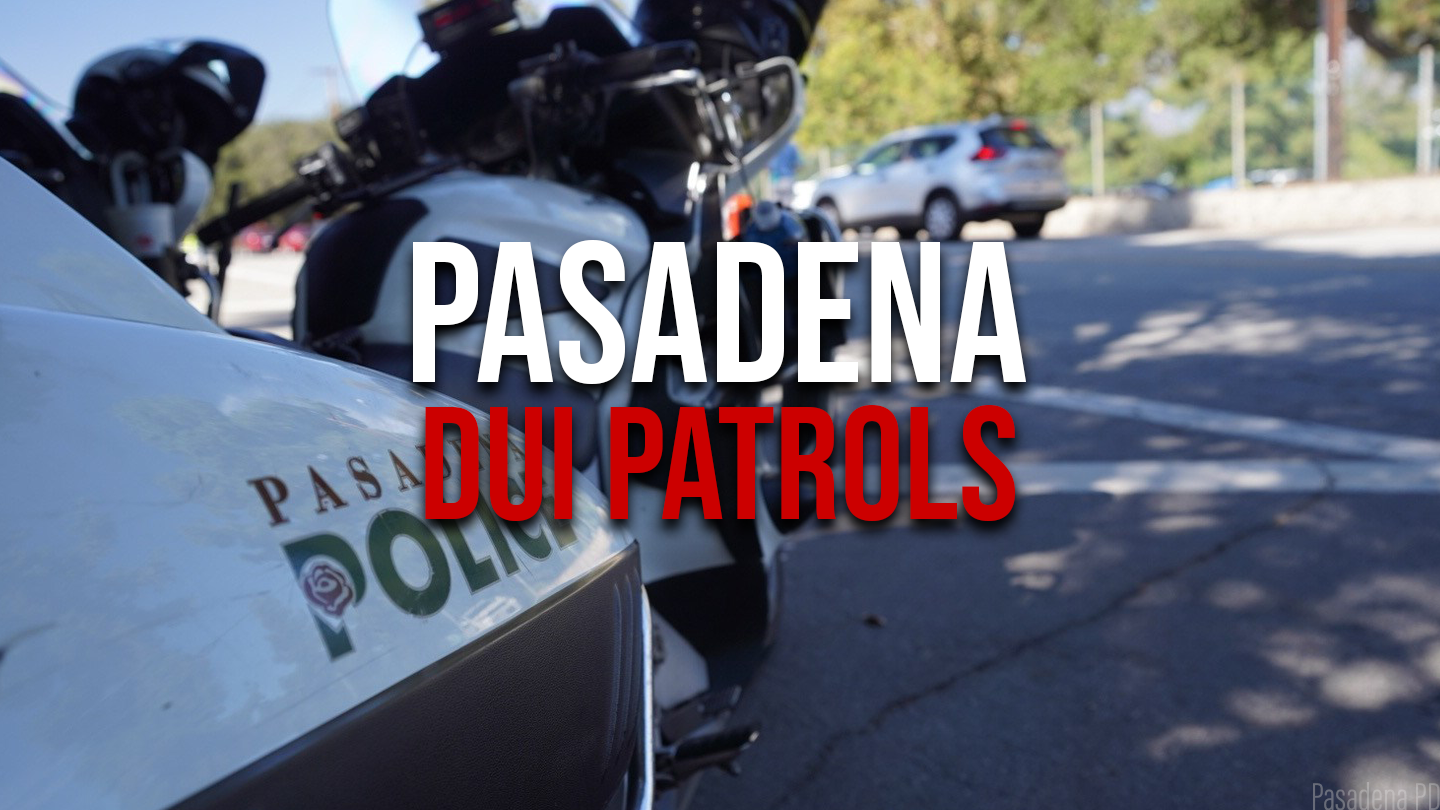By Fred Shuster
Attorneys for the city and county of Los Angeles are set to resume settlement talks Tuesday in efforts to avoid a trial and resolve a long-running lawsuit demanding that local government find shelter for the thousands of people camping on sidewalks and near freeways.
A federal judge ordered the mandatory discussions after city and county representatives indicated they had no sense of when or if they might strike a deal that would lead to a shared settlement with the association of downtown residents, homeless individuals and property owners which filed the suit two years ago.
Over two days last week, about a dozen city-county representatives shuffled in and out of the judge’s chambers for multi-hour meetings — with little progress to report. A seemingly exasperated U.S. District Judge David Carter requested the presence of Los Angeles Mayor Eric Garcetti, Los Angeles County Board of Supervisors Chair Holly Mitchell, and Los Angeles City Council President Nury Martinez at Tuesday’s talks.
Carter has referred several times in court to a “historic schism” between the city and county that has apparently stymied previous settlement efforts. The two entities must come to a compromise on funding and other issues before a proposed agreement with the L.A. Alliance for Human Rights can be reached.
“Settlement talks are still ongoing and nothing has formally been submitted to our Board for approval,” Supervisor Kathryn Barger told City News Service. “My hope is that the discussions will yield a shared county and city commitment that includes a combination of services and housing options along with appropriate enforcement. Based on that and the recommendations being developed by the Blue Ribbon Commission for Homelessness that I created in partnership with Supervisor (Hilda) Solis, I believe we can start seeing some meaningful improvements.”
The commission includes among its goals a reassessment of the Los Angeles Homeless Services Authority, the agency responsible for carrying out the city and county’s homelessness service plans.
If talks fail, the lawsuit would likely go to trial. Carter has said more than once that he remains concerned about “inertia” on the defense side, and ordered the ongoing discussions to try and put an end to months without meaningful progress.
“There has to be some kind settlement eventually,” Carter said last month.
The lawsuit brought by the L.A. Alliance — which includes downtown residents, homeless individuals, and business and property owners — has been on hold almost since it was filed in March 2020 to compel local government to “comprehensively” deal with the homelessness crisis downtown.
Its focus has appeared to shift between the Skid Row area, the thousands of transients living under or next to the region’s freeways, and the entire homeless population of the district. The actual number of those affected remains in flux since an accurate count of the area’s unhoused has been delayed due to the COVID-19 pandemic.
The plaintiffs argue that wherever the homeless are located, services have not kept pace with the ever-expanding crisis.
This year’s homeless tally is scheduled to get underway Tuesday evening, with volunteers spreading throughout the county. It will be the first such effort since 2020, when results showed that the county’s homeless population increased by 12.7% over the previous year, while the city’s homeless population jumped by 14.2%.
UCLA researchers found that nearly 1,500 unhoused people died on the streets of Los Angeles last year, with the most common cause of death being accidental overdose.

